From new requirements to university reality
The Ministry of Education and Training is seeking comments on a draft Circular regulating professional standards for university lecturers, which requires lecturers to have a master's degree or higher, be competent in foreign languages, conduct scientific research and apply technology in teaching.
The draft also adds many new tasks such as lecturers not only teaching but also taking charge of developing course programs, guiding scientific research for students, graduate students and researchers, and participating in consulting and supporting colleagues. The draft also emphasizes that foreign language and information technology skills must be demonstrated in all tasks of lecturers, from teaching to research.
This regulation is considered necessary by many experts in the context of educational globalization, when international publication, conference participation and cross-border research cooperation have become basic requirements of modern universities.
In fact, many universities have gone a step ahead in adopting similar standards. At the University of Information Technology (Vietnam National University, Ho Chi Minh City), requirements for academic degrees, foreign languages and research capacity have been considered mandatory for many years.
In the recruitment announcement for October 2025, the school requires candidates to have a master's degree or higher, IELTS score of 5.5 or TOEFL iBT 65 or higher, with priority given to those with teaching experience and understanding of the training program. In particular, the school also supports lecturers to participate in training and professional training at home and abroad, showing that developing a qualified team is not only a "proposal" but also implemented by specific policies.
According to MSc. Tran Thi Dung - Deputy Head of the Faculty of Computer Networks and Communications, University of Information Technology, upgrading lecturer standards is an inevitable and necessary trend to improve training quality.
“In the field of technology, standards on academic degrees, foreign languages, and international publications have been applied for a long time. Thanks to that, lecturers have the opportunity to update new knowledge, integrate with the international research environment, and inspire students. Foreign languages are no longer a secondary skill, but a core competency of teachers in the digital age,” emphasized Master Dung.
According to Master Dung, it is necessary to change the way of looking at professional standards. “A university teacher today is not just a teacher who lectures and students listen, but must also be a guide and accompany students in thinking, research and creativity. When considering new standards as an opportunity for self-development, pressure will become a driving force,” said Master Dung.
From a management perspective, Dr. Vu Quang - Principal of the Ho Chi Minh City School of Educational Management believes that tightening standards is an inevitable step in the process of professionalizing the team. "The three basic requirements are master's degree, foreign language proficiency and research ability, which are the three legs that help lecturers stand firm in the modern university education environment. It contributes to improving training quality, promoting digital transformation and expanding international cooperation," Dr. Quang commented.
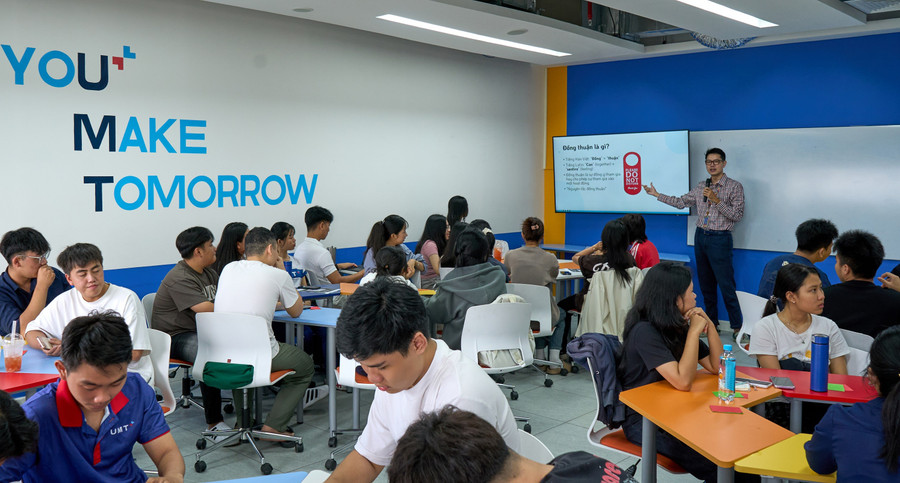
Accompanying to prepare without pressure
Dr. Vu Quang frankly admitted that applying the new standards can create pressure, especially for senior lecturers or those working in difficult conditions. Therefore, this change should be viewed positively.
“First of all, these criteria help to orient career development more clearly, lecturers will understand what abilities they need to cultivate to advance in their career, instead of just stopping at their passion for teaching. Besides, when meeting high standards, lecturers not only affirm their personal position and the reputation of the training institution, but also have the opportunity to enjoy better treatment policies, participate in large-budget cooperation and research projects,” said Dr. Quang.
Dr. Quang further emphasized that it is important to ensure feasibility and synchronization between training institutions, from schools with good conditions to those with limited resources, as well as between different groups of lecturers. In addition, it is necessary to maintain consistency between policies and implementation measures, new regulations must be accompanied by specific support mechanisms, with close coordination between the State, schools and lecturers themselves.
He also noted that during the implementation process, we must avoid "formality", we should not chase after the number of degrees, certificates or publications, but need to evaluate the actual professional capacity, foreign language proficiency and value of scientific research products.
In particular, the pressure from standards is also the driving force for development. The process of improving professional qualifications, cultivating foreign languages and promoting scientific research is an opportunity for lecturers to reinvest in themselves, contributing to improving the quality of training and affirming professional values in the context of modern higher education.
To prevent professional standards from becoming a barrier, the Principal of the Ho Chi Minh City School of Educational Management believes that schools need to accompany lecturers with many specific solutions. “First, we must build a roadmap and appropriate policies. For example, which requirements are necessary from the beginning, which requirements can be accumulated after 3 years, 5 years of work; at the same time, classify lecturers to have separate support policies for young lecturers, long-time lecturers or lecturers of specific subjects,” he stated.
In addition, schools need to create conditions for lecturers to participate in advanced postgraduate studies with financial support policies, organize advanced training courses in foreign languages and scientific research methods.
He also proposed establishing an internal scientific research fund, encouraging the development of strong research groups, and simplifying administrative procedures in registration, acceptance, and settlement of projects. The standardization of university lecturers should be seen as a journey of development, not an imposed burden.
Not only lecturers, but also students - the direct beneficiaries of the training quality - have a positive view of this change. Nguyen Hoang Minh, a third-year student at the University of Economics and Law (Ho Chi Minh City National University), shared: "We clearly see the difference when teachers are good at foreign languages and have international publications. The lessons are updated with new materials, have practical examples and suggest many directions for scientific research."
Meanwhile, PTT, a graduate student majoring in Educational Management at the University of Social Sciences and Humanities (Ho Chi Minh City National University), said that new professional standards are necessary, but they need to go hand in hand with policies that create favorable conditions for both learners and teachers. “When lecturers are supported in research and foreign language training, they will inspire students to study and research. With higher standards and a supportive mechanism, everyone will be able to develop,” T. said.
Source: https://giaoducthoidai.vn/chuan-giang-vien-dai-hoc-buoc-tien-nang-cao-chat-luong-giang-day-post753387.html




![[Photo] Prime Minister Pham Minh Chinh chairs meeting on nuclear power plant construction](https://vphoto.vietnam.vn/thumb/1200x675/vietnam/resource/IMAGE/2025/10/22/1761137852450_dsc-9299-jpg.webp)


![[Photo] Da Nang: Shock forces protect people's lives and property from natural disasters](https://vphoto.vietnam.vn/thumb/1200x675/vietnam/resource/IMAGE/2025/10/22/1761145662726_ndo_tr_z7144555003331-7912dd3d47479764c3df11043a705f22-3095-jpg.webp)
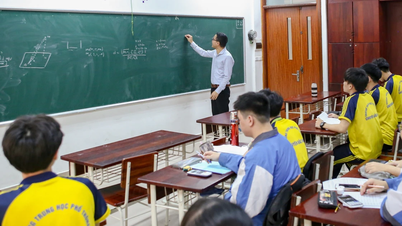


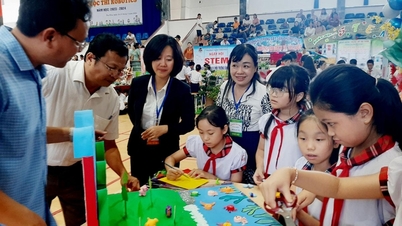

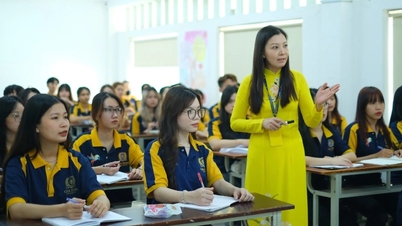


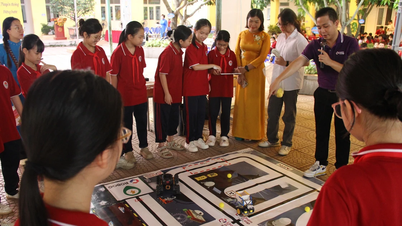
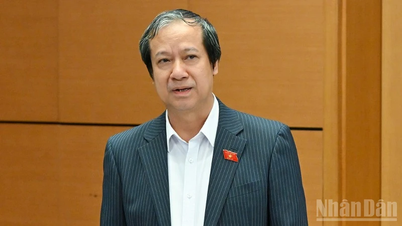

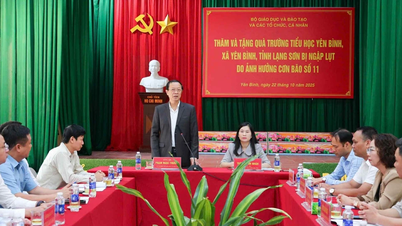

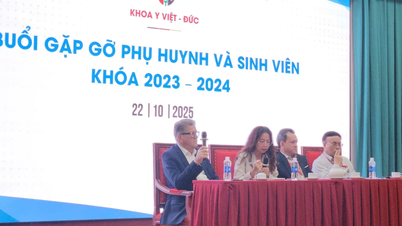


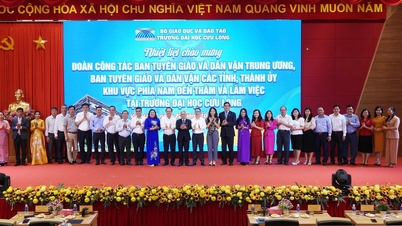





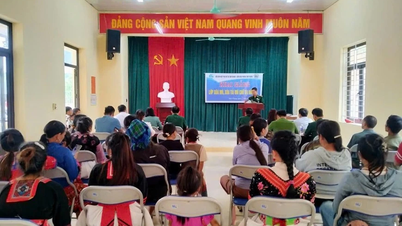
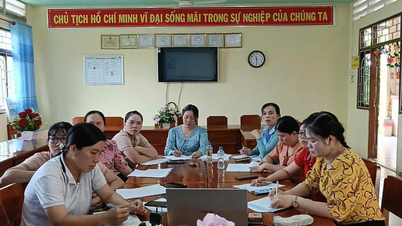
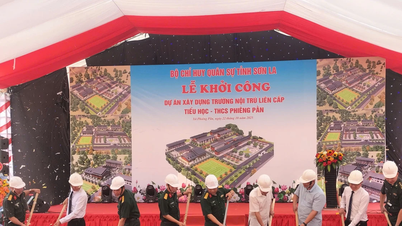
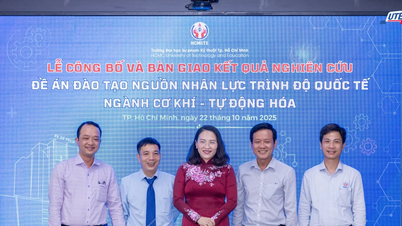

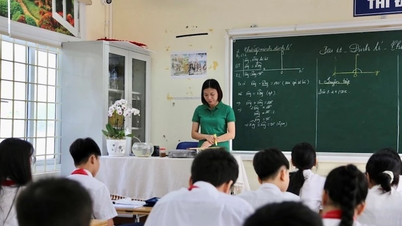





































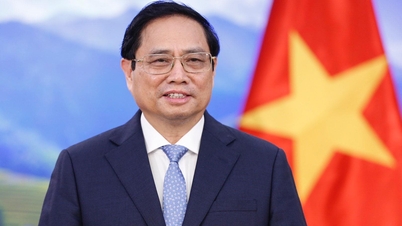

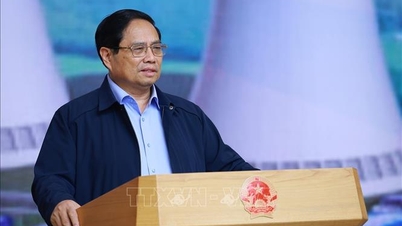




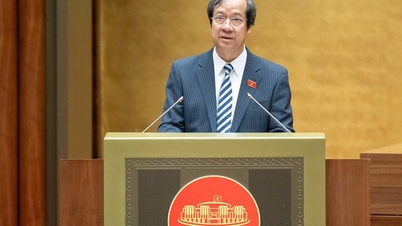

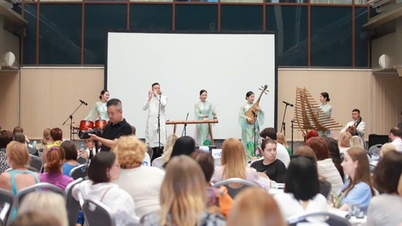
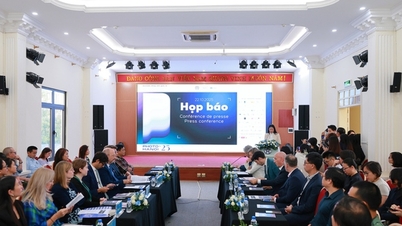

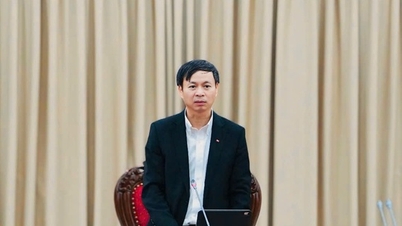

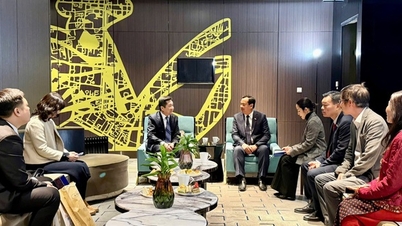
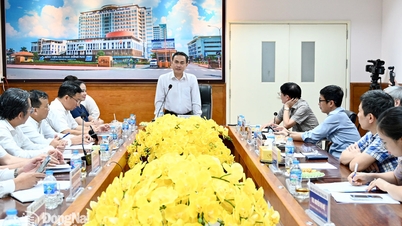




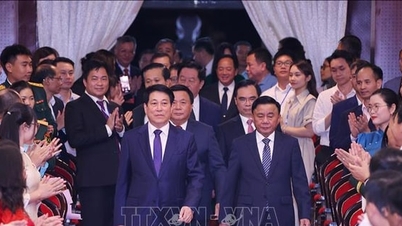

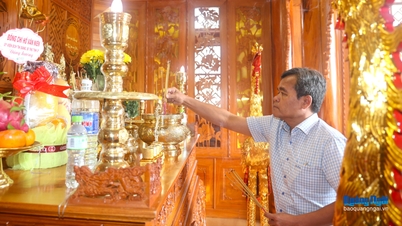















Comment (0)